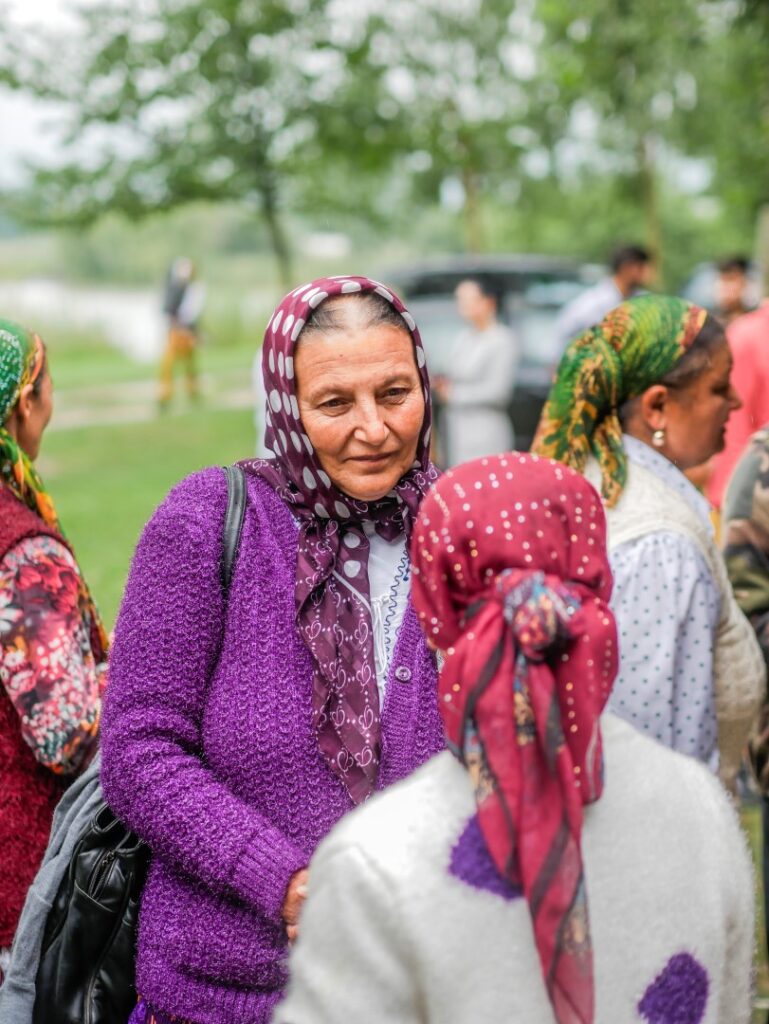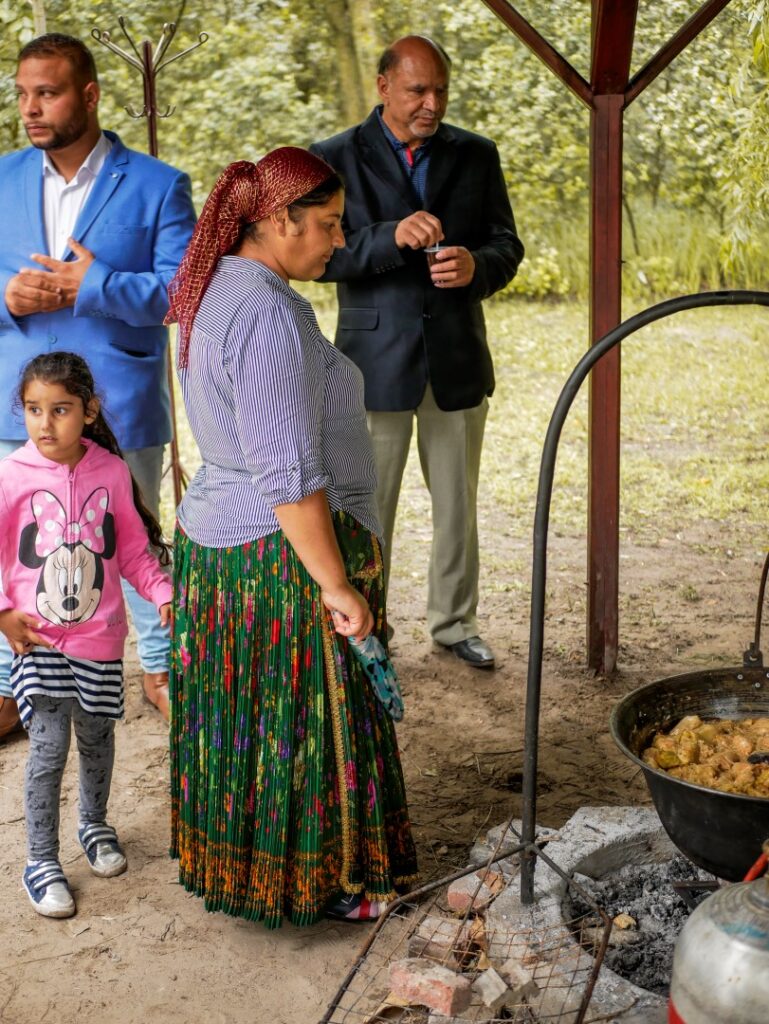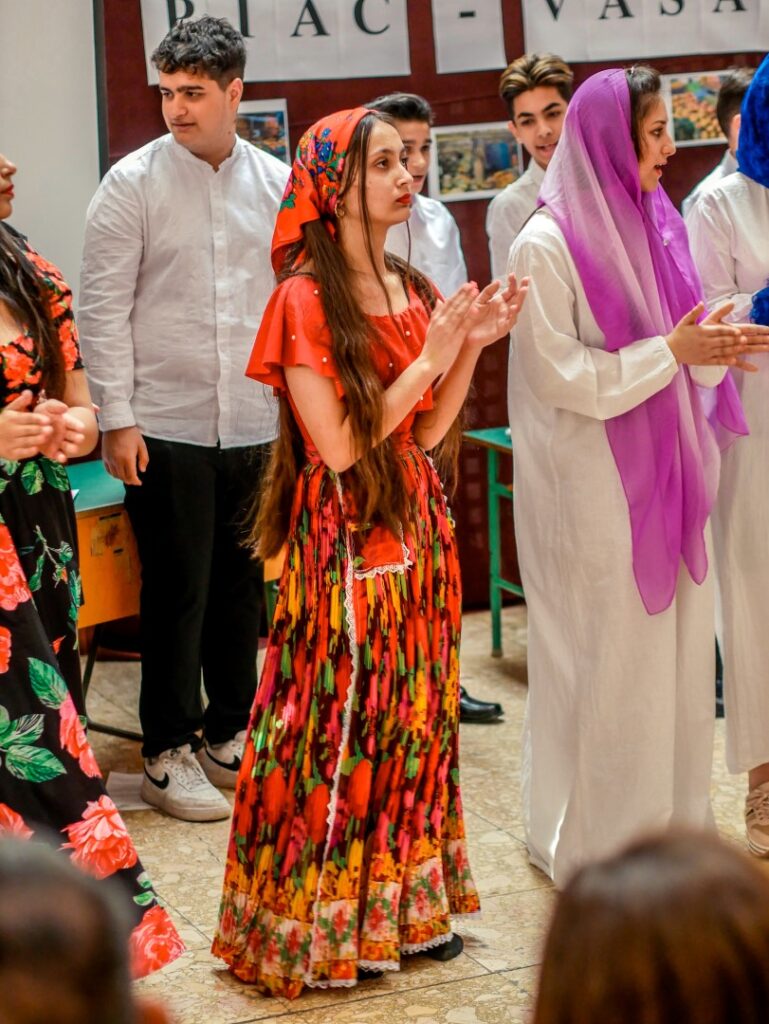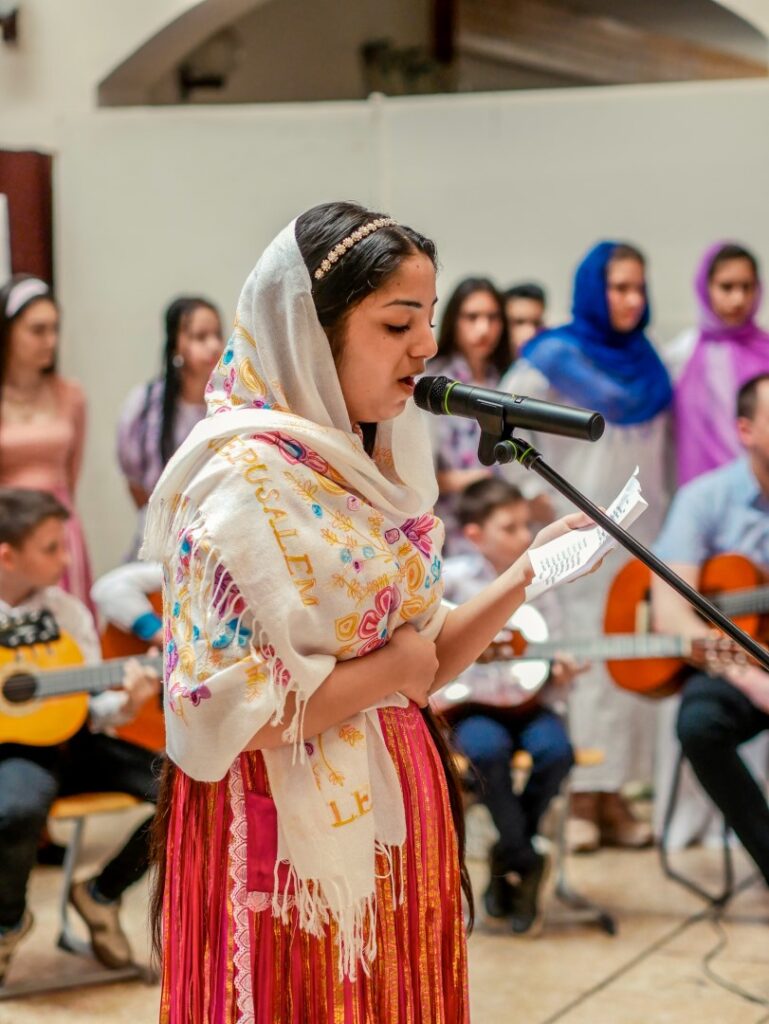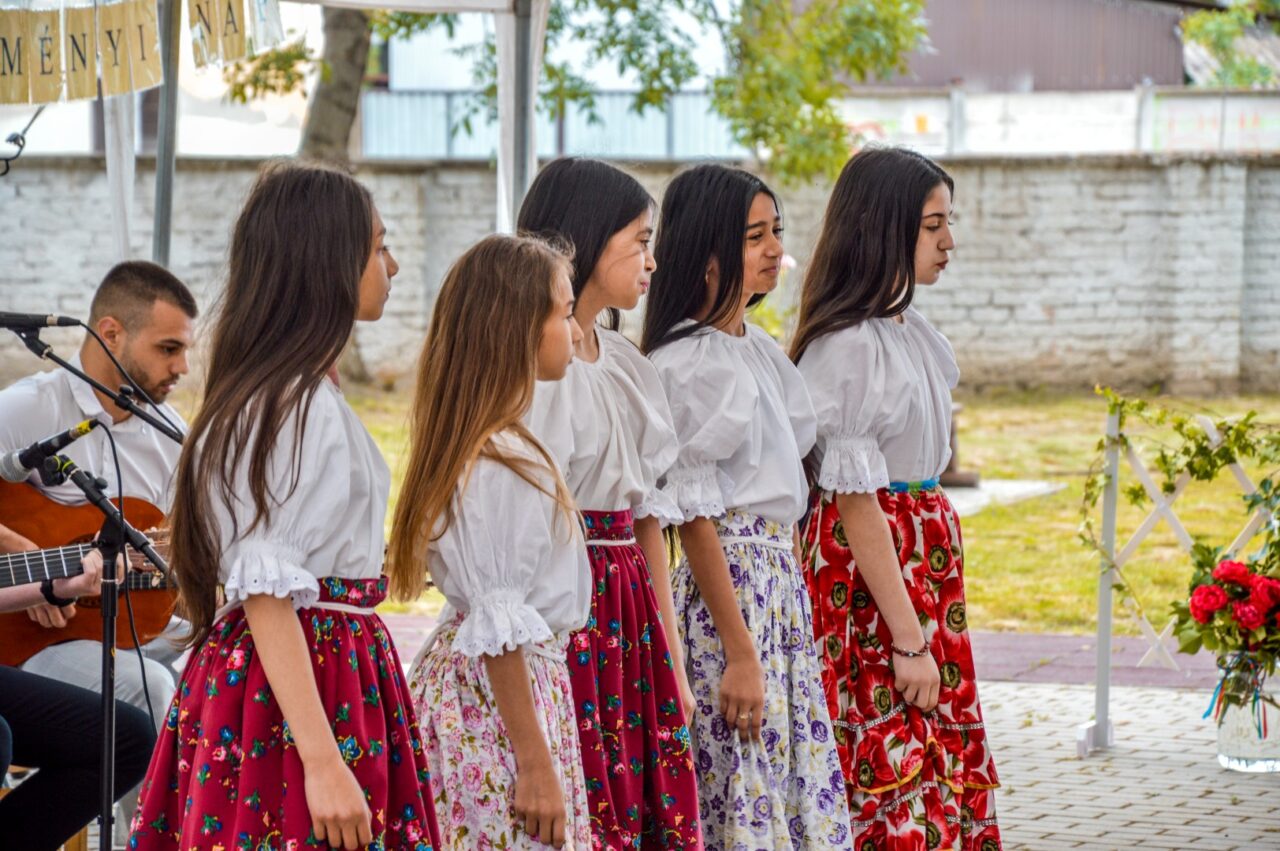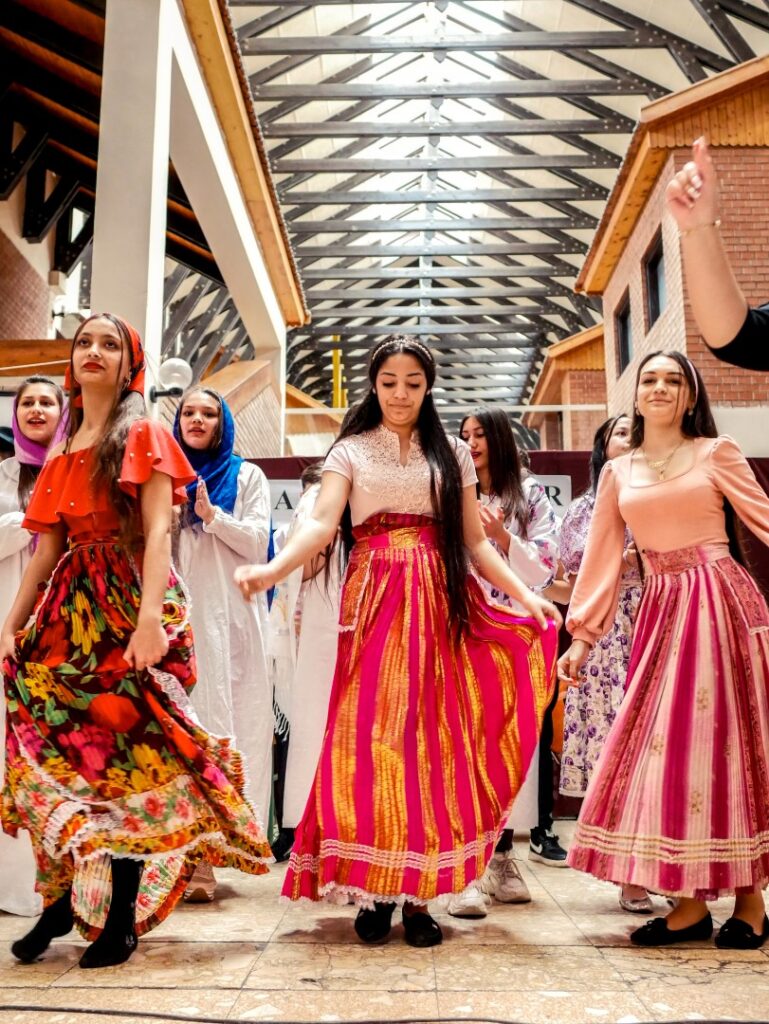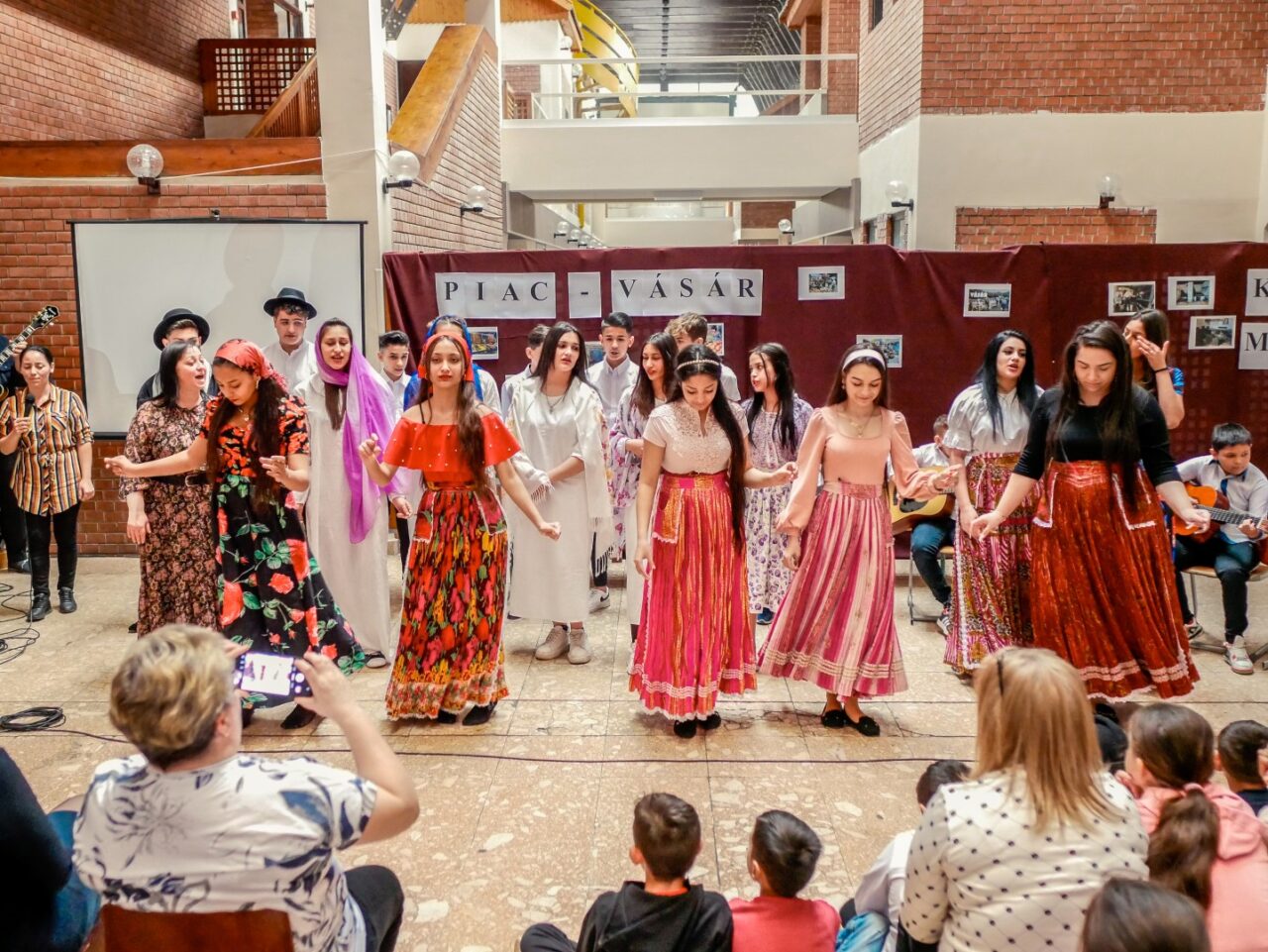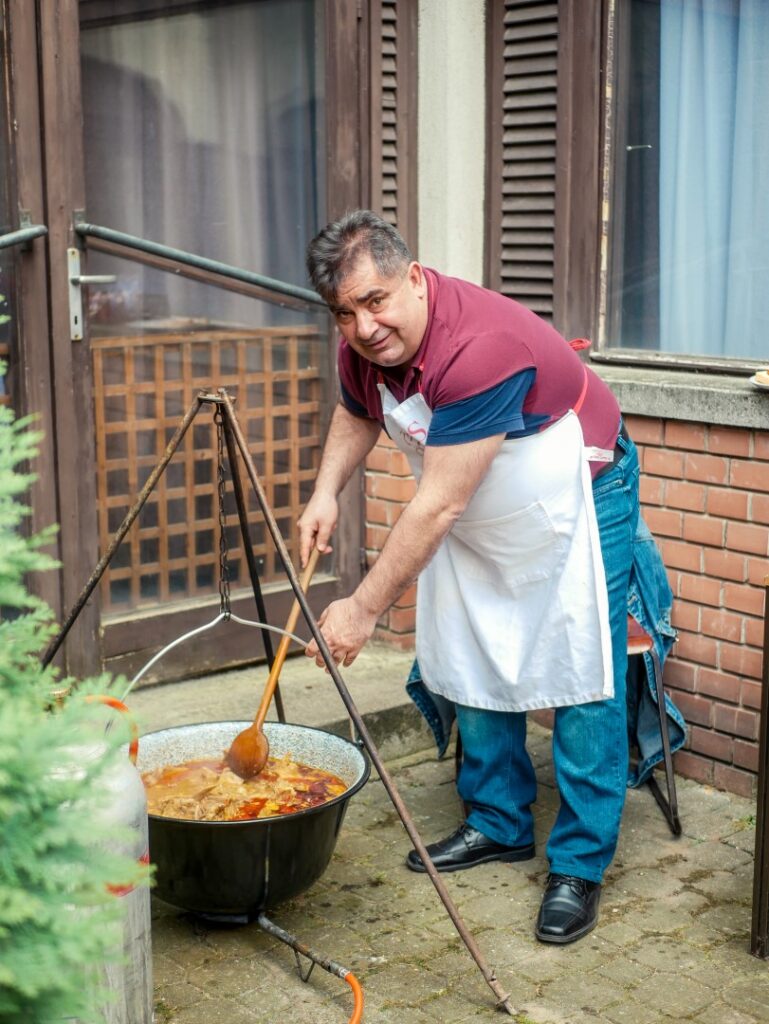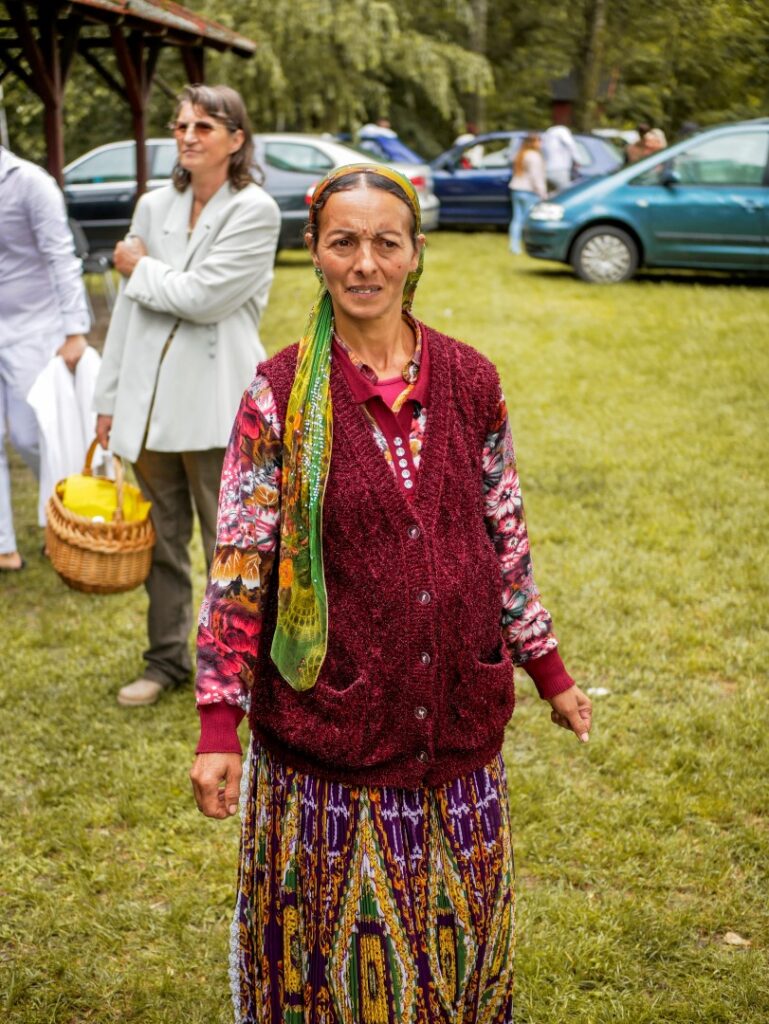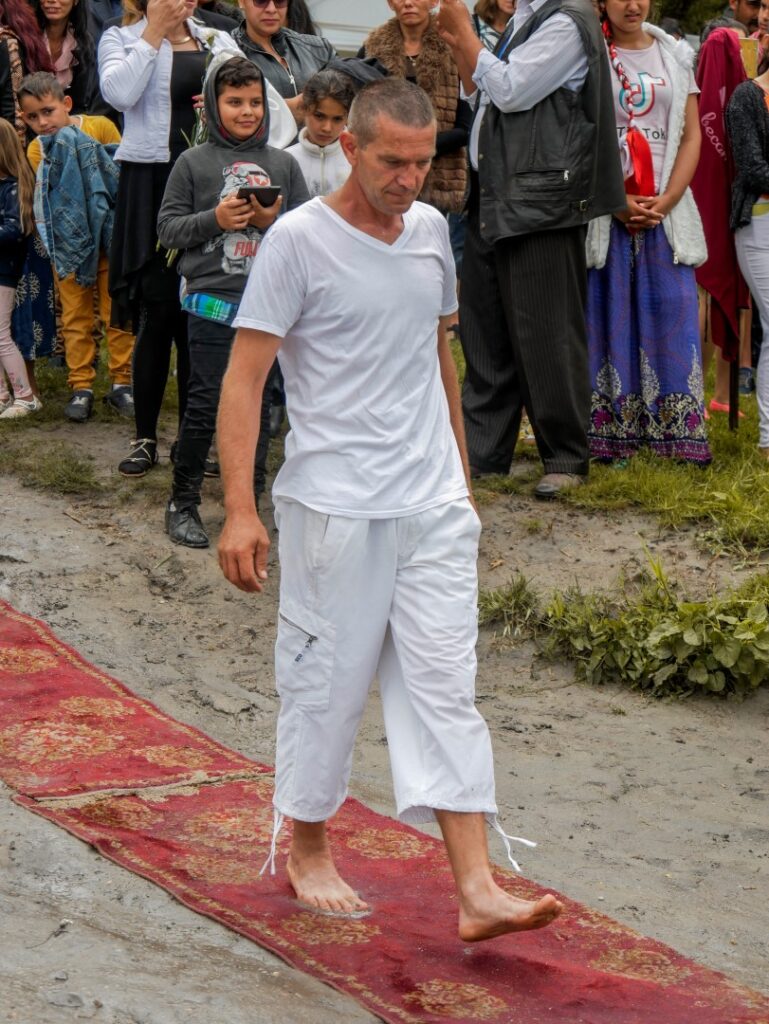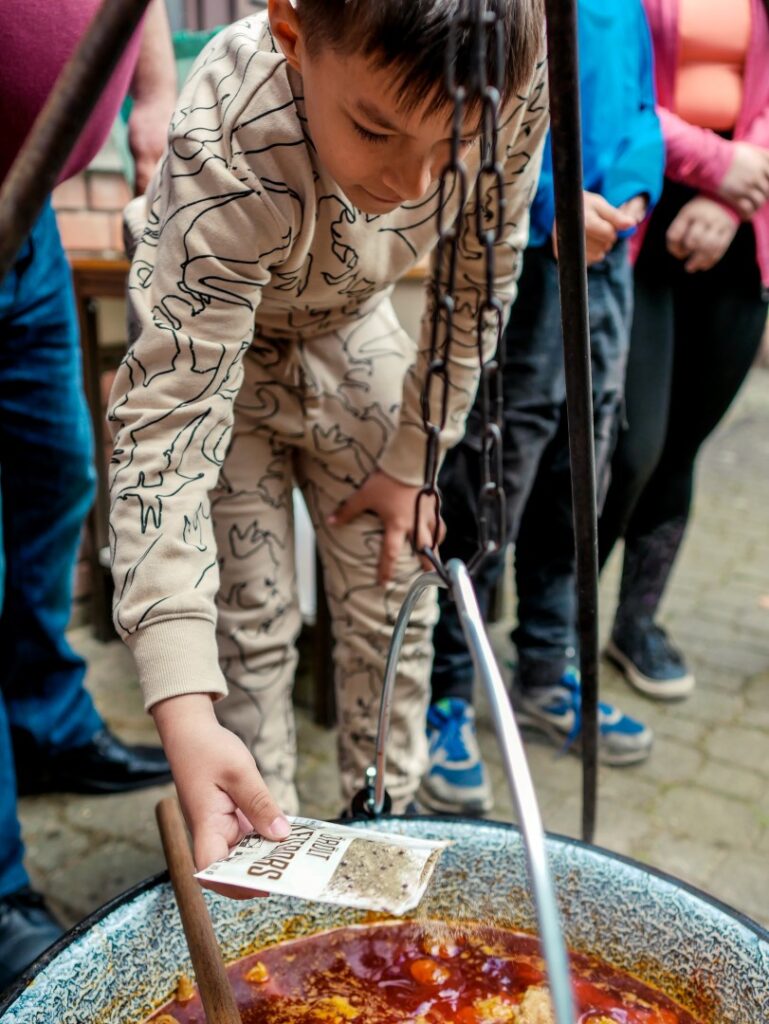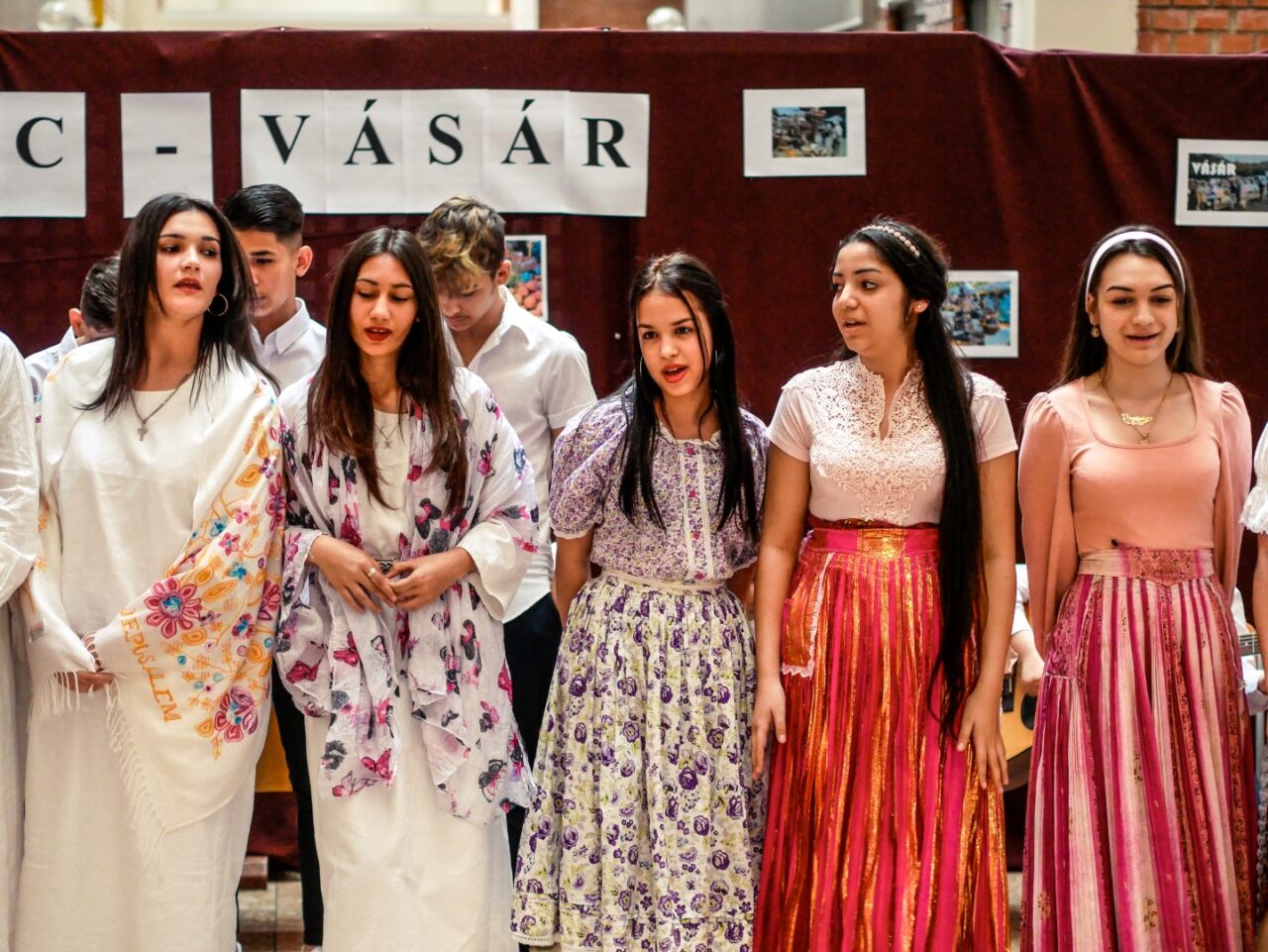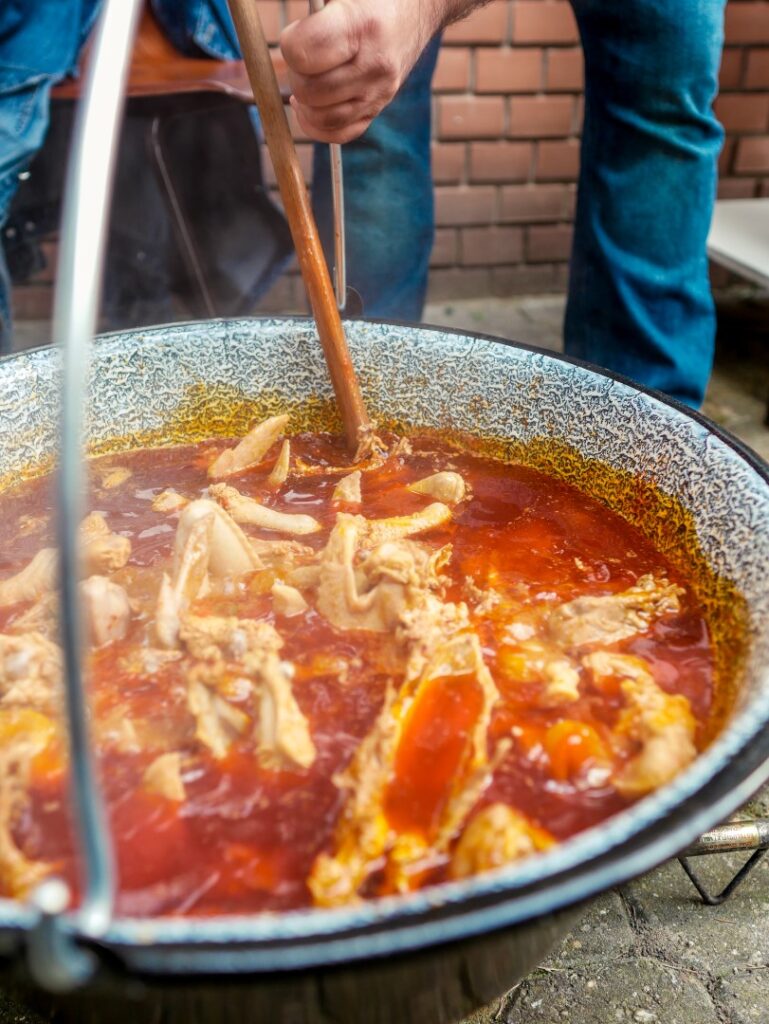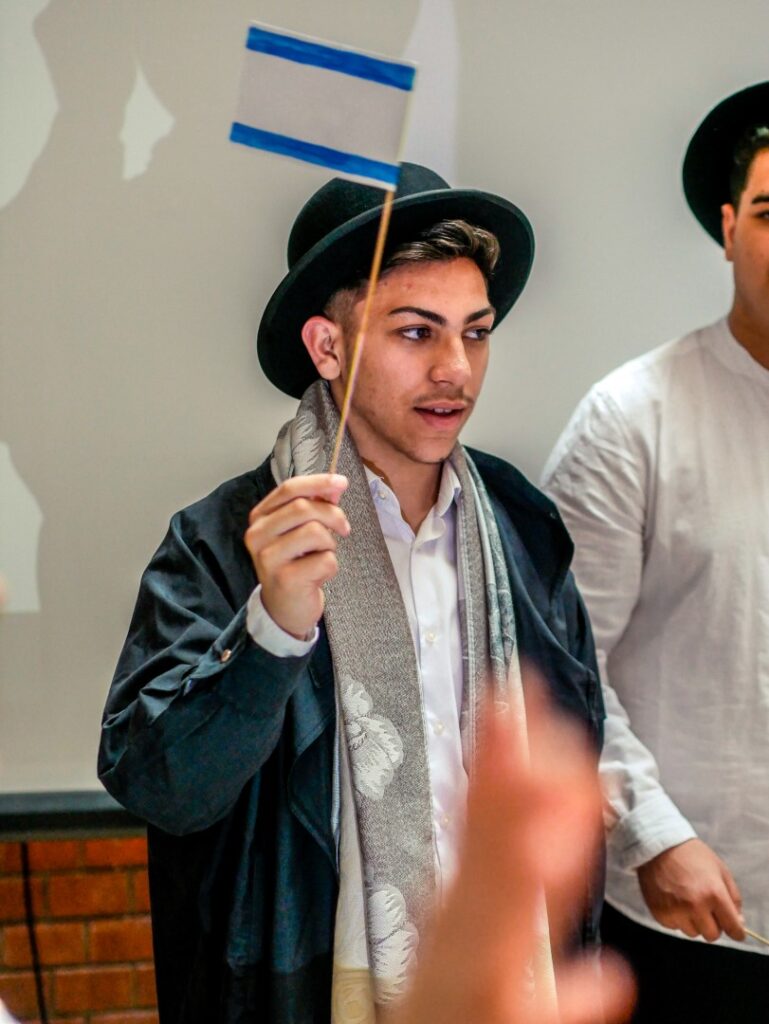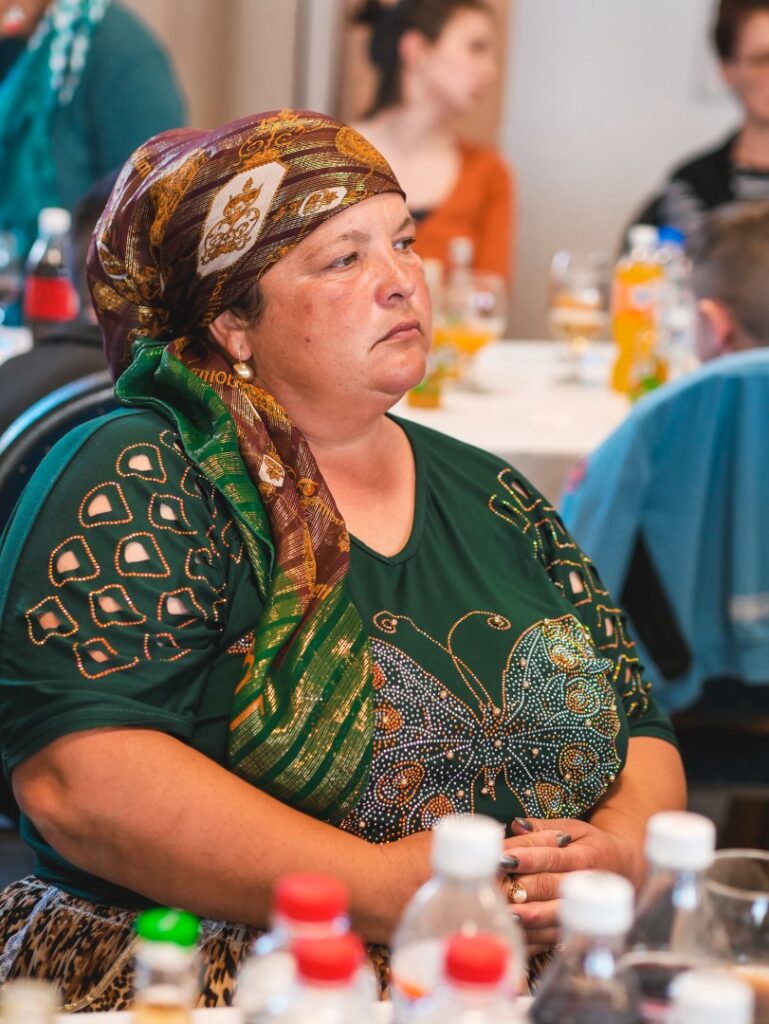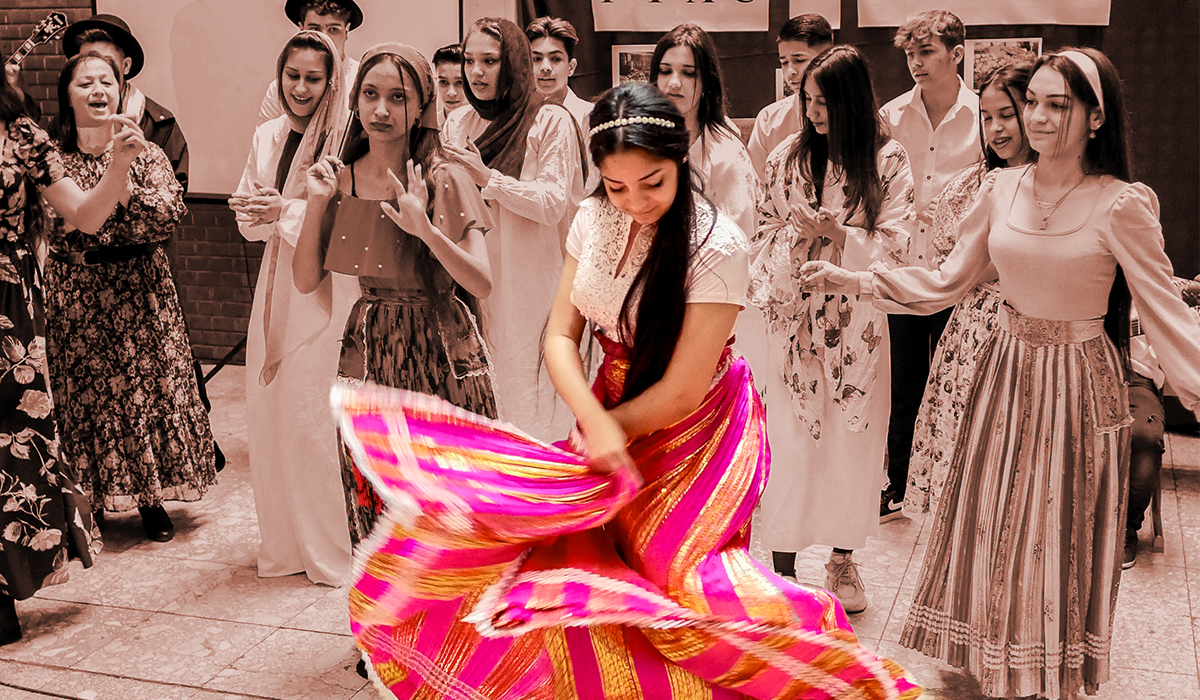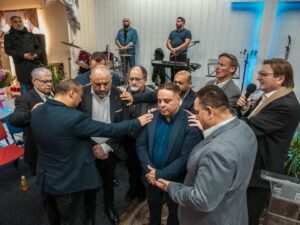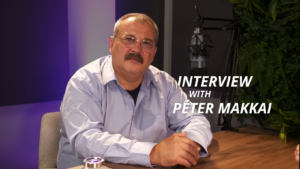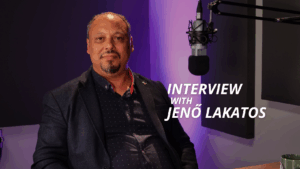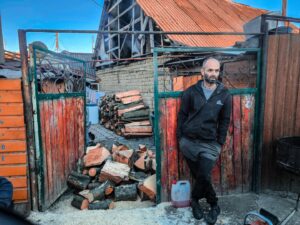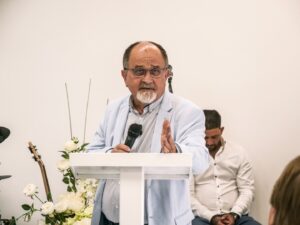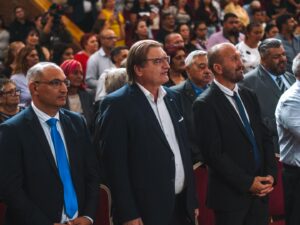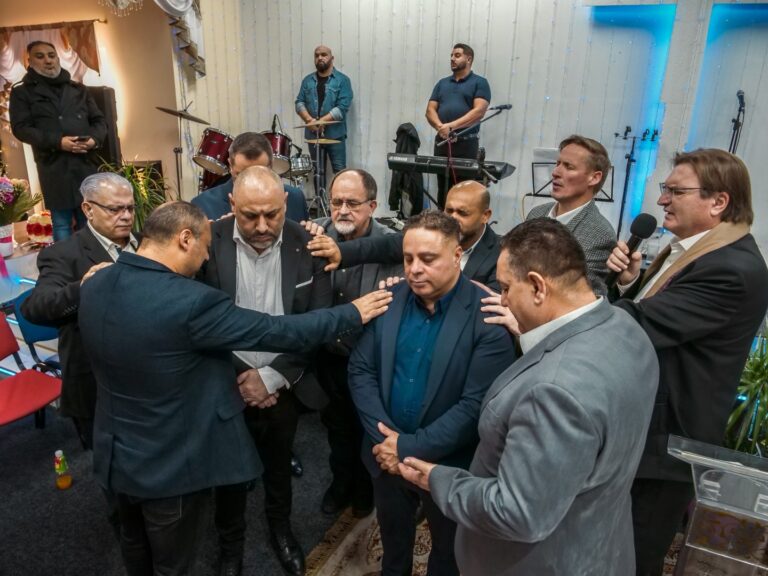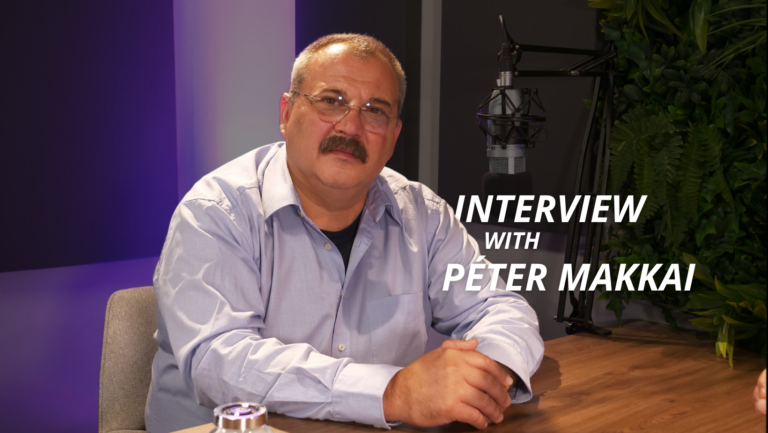The Hungarian Gypsy Missions International is dedicated not only to spiritual and social support but also to preserving and promoting Roma cultural traditions. Within its institutions, children and young people don’t just learn about Roma heritage—they actively experience it. Music, dance, storytelling, and celebrations are woven into daily life, making Roma culture a living, vibrant force.
At the Reményhír Institution, which operates under the Mission, Roma cultural education is not limited to occasional festivities. It is an integral part of students’ everyday routines. Elementary school students participate in weekly Roma Ethnography classes, where they study Roma history, music, dance, literature, and gastronomy. In addition, interactive afternoon activities further immerse them in their heritage.
Each year, students take part in the National Roma Ethnography Competition, consistently earning outstanding results. This year is particularly significant, with two students qualifying for the finals scheduled for April 15.
Roma traditions also thrive through visual arts. The institution’s art department focuses on representing Roma culture through student artwork. Recently, students from Békés won a special award in the drawing competition associated with the Roma Ethnography Contest.
Roma Culture Day – Identity and Tradition
International Roma Day, observed globally on April 8, commemorates the first World Romani Congress held in London in 1971. It was during this historic event that the Roma flag and anthem were adopted, along with key principles emphasizing solidarity and cultural preservation. Since then, the day has evolved into a celebration of Roma identity and heritage.
In the institutions of Hungarian Gypsy Missions International, this day holds deep importance. Students mark the occasion with music and dance performances, followed by a symbolic procession to the Élővíz Canal, where they scatter flower petals into the water from a bridge. This act represents renewal and the coming of spring for the Roma people.
The “Zhanes romanes?” program, linked to the Day of Nationalities, also serves to popularize Roma culture. This event showcases music and dance traditions, while also featuring engaging competitions.
Preserving Traditions Among the Youngest
Introducing Roma culture to the youngest generations is a key priority. At the Epreskert and Hunyadi Kindergartens, teachers organize a variety of playful activities on Roma Culture Day to help children explore Roma traditions through hands-on experiences.
The year-round “Cigánykerék” (Cartwheel) series further supports this mission. The symbolic cartwheel—one of the most recognizable Roma symbols—signifies the culture’s energy, movement, and continuous renewal.
Community Programs and Musical Traditions
The promotion of Roma heritage extends beyond schools. The Mission also fosters cultural awareness through its StarPoints and summer camps. Roma topics are frequently featured in the “Well in Spirit” lecture series, offering educational insights for both youth and adults.
At the Kömlő Presence Point, the Lorka program—part of the FETE initiative—specifically focuses on preserving Roma musical traditions. These lively events include dance and traditional instruments, drawing enthusiastic participation from local youth. The music workshops are led by Zsolt Farkas, one of Hungary’s most prominent ambassadors of Roma culture. Under his direction, students from Kömlő have even performed in Budapest.
Culinary heritage also plays a vital role. At the Presence Point’s cooking club, traditional Roma dishes are regularly prepared, preserving cultural knowledge through the sharing of flavors and food.
Together for Tradition and Community
Hungarian Gypsy Missions International is steadfast in its commitment to preserving Roma culture across education, the arts, music, cuisine, and community life. Through diverse programs and initiatives, young people are introduced to their heritage from an early age, empowering them to carry forward the legacy of a united and vibrant Roma community.
